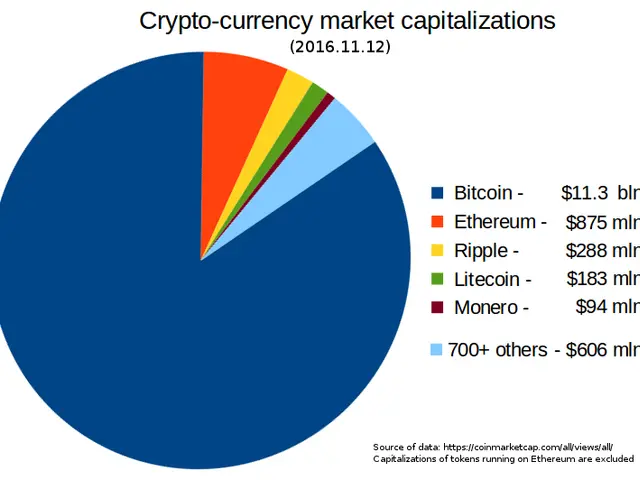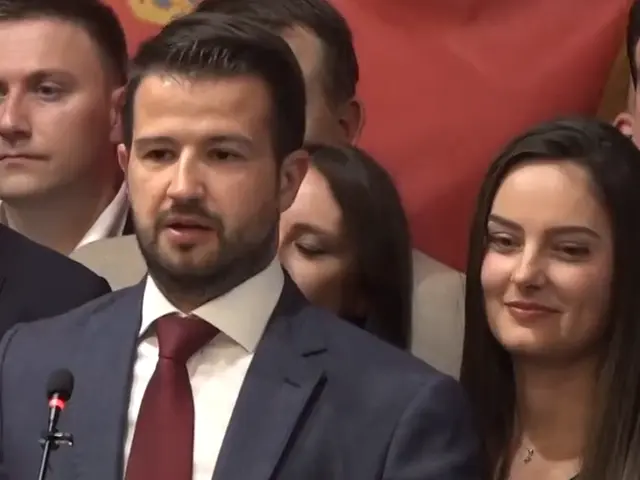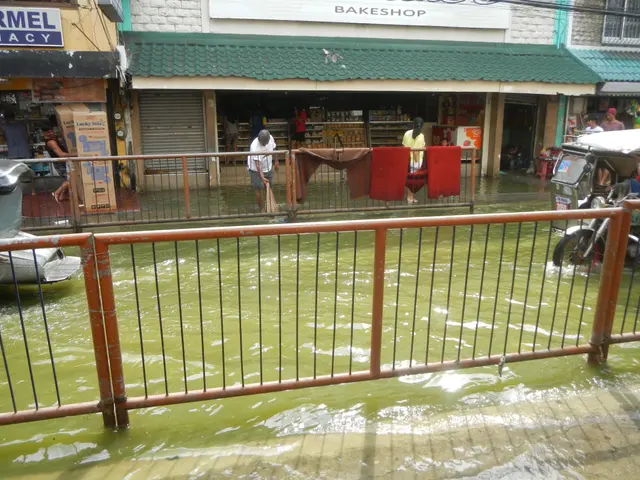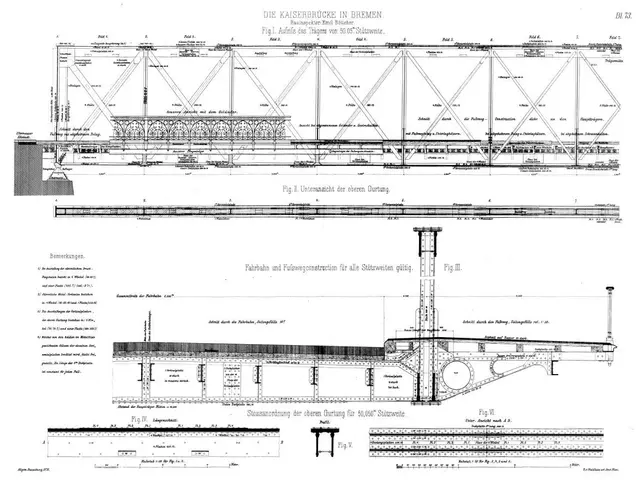Potential Israeli Annexation of Gaza City: Examining Potential Results
In a move that could have far-reaching consequences, Israel's decision to expand its military operation in the Gaza Strip has sparked controversy and concern among political leaders, human rights organisations, and the international community.
According to Israeli media reports, a government official has stated that the current inaction could lead to the starvation of hostages and the continued rule of Gaza by Hamas. However, this decision faces opposition from parts of Israel's defence establishment, risking significant casualties for the Israeli Defense Forces (IDF).
The expansion of the military operation would forcibly displace around 800,000 to one million civilians in Gaza City, many of whom have already been displaced multiple times. This massive forced transfer and the military offensive would result in extensive destruction, civilian deaths, and likely constitute war crimes and crimes against humanity. The operation also envisages surrounding Gaza City for several months, causing prolonged hardship and starvation for the civilian population.
There are about 50 hostages still held by Hamas, with estimates that 20 remain alive. Military escalation raises fears for their safety, as Israeli military leaders and hostage families argue that the offensive endangers the hostages' lives. Calls have been made for the immediate release of hostages, but no concrete progress is reported.
The expanded operation risks igniting a broader regional conflict involving Iran and its allies, destabilising the Middle East further. The United Nations and international actors warn that there is no military solution, highlighting the urgent need for a ceasefire, humanitarian access, and renewed political negotiation towards a two-state solution. Major international players like France strongly condemn plans involving forced displacement and occupation, viewing them as violations of international law that would worsen regional stability and undermine peace prospects.
British Prime Minister Keir Starmer has urged Israel's government to reconsider its decision to escalate, stating that it will not contribute to the end of the conflict or the release of hostages. The military leadership fears the endangerment and potential killing of hostages as Israeli troops approach areas where they are held.
Israel's objectives in the Gaza Strip include disarming Hamas, the return of all hostages, demilitarisation of the Gaza Strip, military control of the coastal region by Israel, and the establishment of a civilian administration not subject to Hamas or the Palestinian Authority. However, international criticism of Israel's actions in the Gaza Strip has increased significantly, with some countries considering imposing sanctions.
The city of Gaza has already been the target of several Israeli attacks since the start of the war around 22 months ago. The now concrete announcement of an escalation of the fighting could be part of a negotiating tactic to put pressure on Hamas in the stalled negotiations on a ceasefire.
The military leadership's fears are not unfounded. Two hostages, Rom Braslavski (21) and Evyatar David (24), have been shown emaciated and weakened in horrifying propaganda videos published by Hamas and the Palestinian Islamic Jihad. Fears among the Palestinian population have been sparked by earlier hints at the conquest of further areas, with concerns of a new wave of flight and expulsion similar to that during the war at the time of Israel's founding in 1948 and during the Six-Day War in 1967.
A large-scale ground offensive in urban areas could pose increased risks for Israeli soldiers and further undermine support for the war among the Israeli public. The humanitarian situation in the Gaza Strip is already described as catastrophic, with a famine threatening in the region. The residents of Gaza City are expected to flee to refugee camps in the center of the Gaza Strip, which are already overcrowded and considered health-threatening. Aid organisations repeatedly warn of disease outbreaks in these camps.
In summary, Israel's military expansion plan threatens a humanitarian catastrophe in Gaza, endangers hostages, risks high casualties including for Israeli forces, and may isolate Israel diplomatically while potentially escalating regional instability. International leaders stress the need for ceasefire, protection of civilians, hostage release, and a negotiated political solution rather than further military escalation.
- The expansion of war-and-conflicts in the Gaza Strip, as proposed by Israel, has garnered attention within the realm of general-news, raising concerns among political leaders, human rights organizations, and the international community.
- The possible release of hostages has been a topic of discussion in political circles, with military escalation causing fears for their safety and calls being made for their immediate release, as reported in various news outlets focused on global politics.








